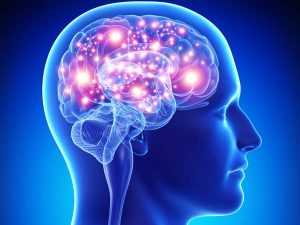 Treatment-resistant depression means exactly what it says. It is a person with Major Depressive Disorder who has failed to recover using all the “standard” depression treatments. That means the person has at least tried a variety of anti-depressant medication and cognitive-behavioral therapy. These aren’t necessarily the best treatments for everyone, but they are mostly what people get because both approaches can be taught to practitioners out of a manual and they are effective for a certain percent of the population.
Treatment-resistant depression means exactly what it says. It is a person with Major Depressive Disorder who has failed to recover using all the “standard” depression treatments. That means the person has at least tried a variety of anti-depressant medication and cognitive-behavioral therapy. These aren’t necessarily the best treatments for everyone, but they are mostly what people get because both approaches can be taught to practitioners out of a manual and they are effective for a certain percent of the population.
A new study took a number of people with treatment-resistant depression and gave them Neurofeedback for 12 weeks. Sixty-six percent of them experienced improvement and forty-five percent improved well enough to be classified as being in remission. To repeat, almost half of the people with treatment-resistant depression were “cured.” That either says something about our standard treatments for depression, or something about the power of Neurofeedback.
The study was small, but did use a control group and was clinically significant. Studies of the efficacy of Neurofeedback continue to surface despite suspected opposition from pharmaceutical companies who are expected to sell $16.8 billion dollars annually in 2020.
Sources
European College of Neuropsychopharmacology. “Pilot study shows that neurofeedback may help treatment-resistant depression.” ScienceDaily. ScienceDaily, 4 September 2017.
http://www.marketresearchstore.com/news/global-depression-drug-market-215

